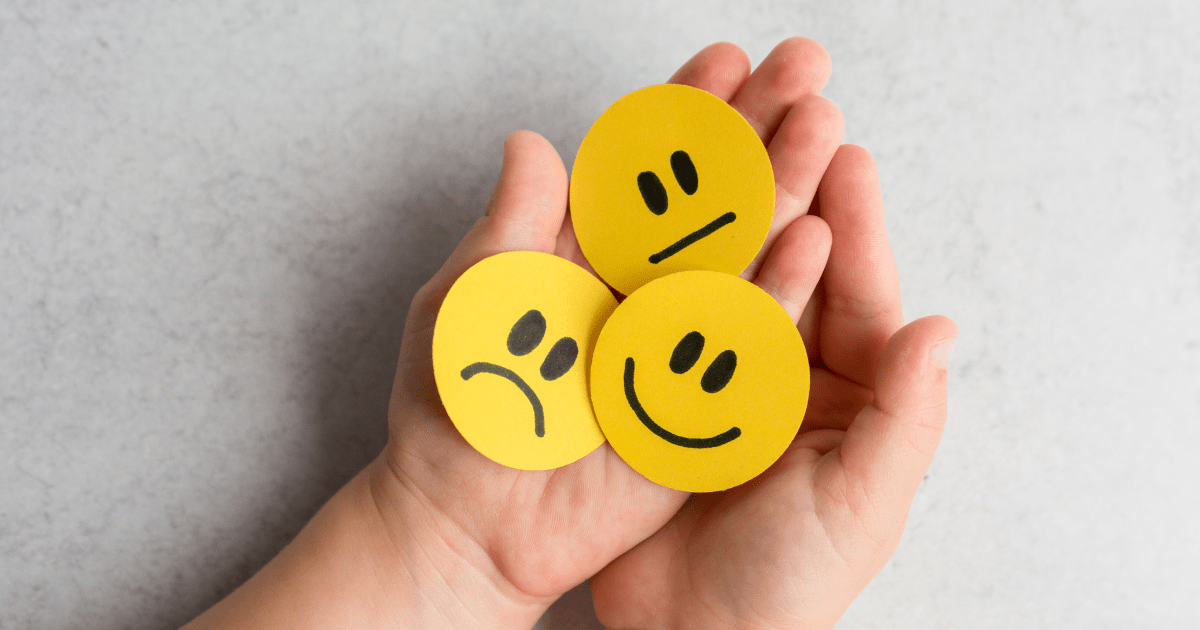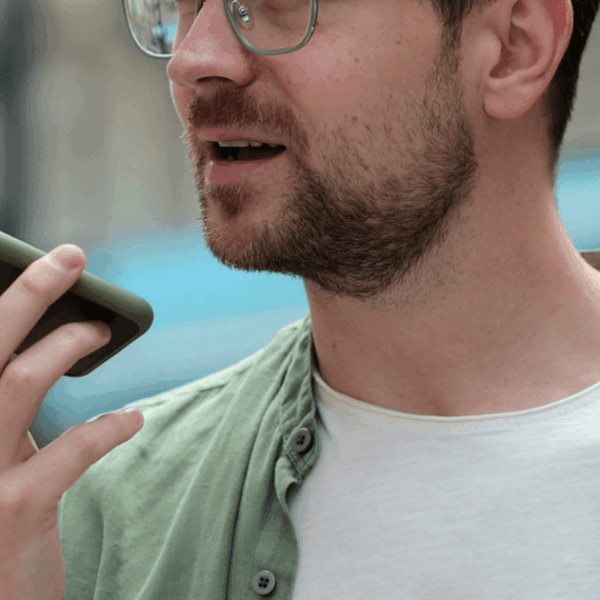AutonoMe, emotion recognition in people with intellectual disabilities

AutonoMe, emotion recognition in people with intellectual disabilities
Ave Maria Foundation, Robotics Institute for Dependence

Sensor and software system for recording and analyzing the emotional state of people with intellectual disabilities during educational activities
People with high levels of intellectual disability and dependence cannot express their emotions directly. Consequently, most of the time, there is a subjective interpretation of their interests, preferences, and tastes.
AutonoMe is a platform that incorporates software and various sensors to analyze the emotional state of people with intellectual disabilities during activities involving educators and users. The goal is to use this information to personalize therapeutic interventions more effectively. Additionally, all the data obtained through this integrated software allows for the automatic adaptation of activities carried out through computers and robots.
Characteristics of innovation
Location
Barcelona, Catalonia
Partners / Funders
Biomedical Research Institute of Bellvitge (Idibell) and La Caixa Foundation
Genesis
The Ave Maria Foundation launched AutonoMe in 2016 with the aim of understanding the emotions of people with disabilities during activities in order to personalize therapeutic sessions.
Implementation level
AutonoMe received financial support of nearly 40,000 euros under the Social Initiatives Projects Assistance Program (2016) annually promoted by the Foundation.
Banc d’innovacions







